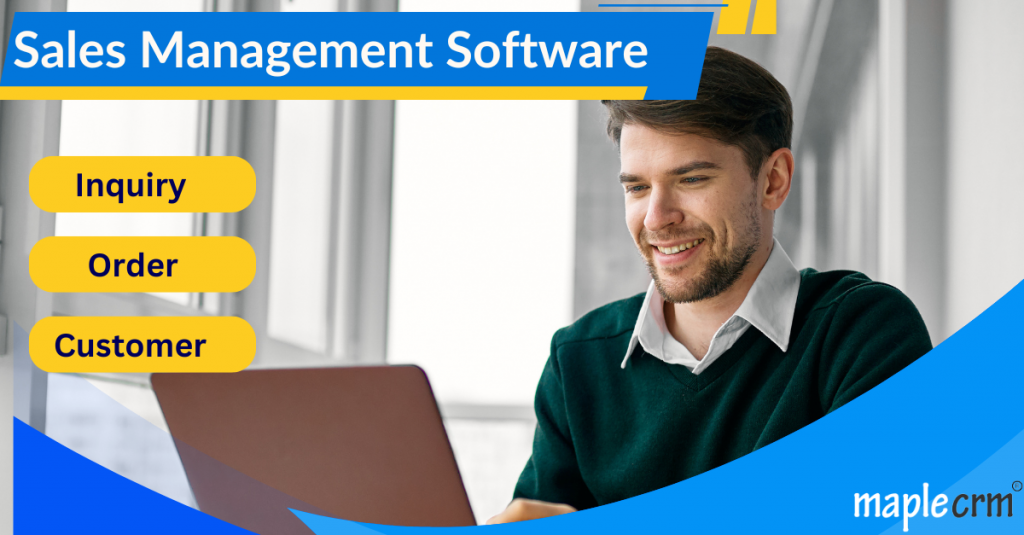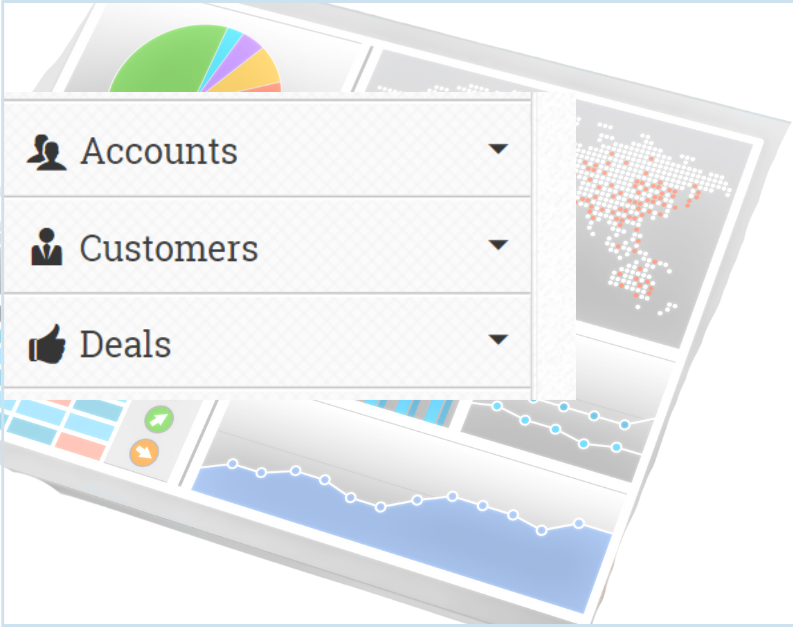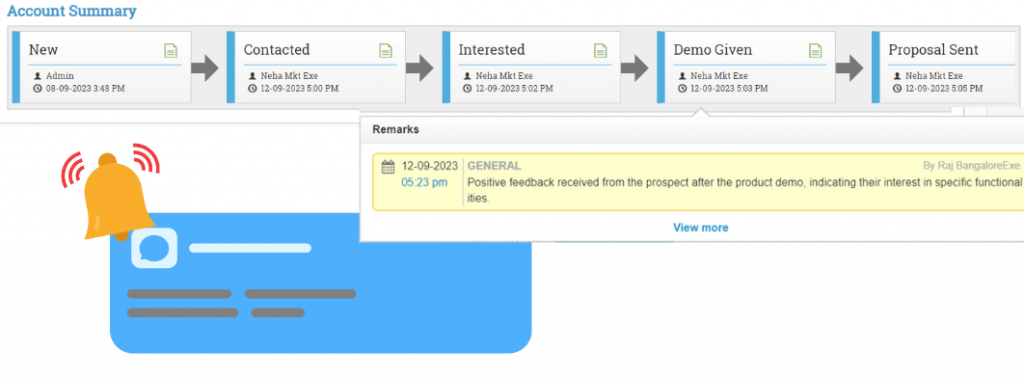
Sales process management can be differentiated for 2 major categories- B2B (Business to Business) and B2C (Business to Consumer).
Both the sectors, though have the basic similar sales structure, vary majorly on the management levels. B2C sales type is mostly when a client approaches a supplier, purchases the item and deal is closed there itself.
B2B on the other hand, goes through a number of stages till the deal is closed. Some of them typically can be categorized as:
- Inquiry stage
Wherein the prospective clients approach to the supplier through any of the contact media. The inquiry is attended by the sales executive and first screening / authentication of the inquiry is done in this stage.⬇️ - Prospective stage
Here there will be a further discussion with the prospective client w.r.t. their requirements and how well do they fit in the supplier’s product range. These discussions may include client meetings, product demos, trials and technical clarifications. ⬇️ - Pricing and negotiations
This is a pivotal stage in any sales pipeline. It can be a deciding factor whether the deal can be taken ahead or will it mark the end of the pipeline for that prospect. Multiple team members- like inside sales specialist, field sales executive, manager, etc. can get involved at this stage to drive the deal ahead. ⬇️ - Deal closure
Once the pricing part is done, deal gets closed and as per respective payment terms, client confirms the same over a Purchase Order or a letter of intent or any other form of confirmation as per mutual decision. ⬇️ - Payment and Invoicing
Documentation is an important facet of a sales process and invoicing hold major weight in it. Agreed payment terms, received and pending amounts and tax details will be mentioned in the invoice. Accounts/Finance teams can be included in the process at this stage. ⬇️ - Repeat orders
Once a client is associated with a supplier, usually in B2B businesses, there are repeated orders getting placed to the same supplier for the particular products. This is because the suppliers will be in the list of ‘Registered Vendors’ and client side too is a business organization. This calls for orders from the same client being repeated multiple times.
Maple CRM is a software built for effective management of Sales and Order processing. New and repeated orders can be channelized into a pipeline and workflow can be customized for every business.

These are the major 3 phases of an inquiry management with Maple CRM.
Accounts : When a prospect contacts for the first time with the supplier
Customers: Already contact done/ previous orders placed
Deals: New / Repeated orders
Account Summary: One shot view of progress
Maple CRM gives a quick view of the account status, notes included at each stage and enables to add reminders instantly.

These notes are available to view in the history too. Notes can be categorized under various headings so as to facilitate quick access and understanding.
Account to Deal conversion

An account can be converted as a Deal when the prospect wants to go ahead, for example, with pricing or further discussion.
Hereby, it’s no longer just an inquiry, rather it’s an opportunity to have a closure. That’s why we convert the account into a deal.
This conversion opens multiple other options like:
– Quotation generation
– Setting up expected closure date
– Deal probability
– Sales value
– Owner and Co-Owner of the deal
Any other custom field as required.
Deal conversion pushes the inquiry further ahead in the sales pipeline, thus adding to the prospective closures.
Deal stage can also include pricing and negotiations, revision of quotations, changes in requirement details, etc.
Deal stages can be custom configured.
Probability of the deal closure can be set by the sales executive based on how the discussions are progressing.

Repeat Order Management

In Maple CRM, users have the provision of punching multiple deals for 1 customer. For example, if a Pumps manufacturing company ‘A’ ties up with a construction company ‘B, Company ‘A’ will be providing multiple pumps of multiple types to ‘B’.
Thus there’s a provision to manage repeat orders too.
- Create ‘Deals’ for every order placed by the customer
- One glance view of all the deal stages, deal owners and other details
- Create quotations, invoices and upload related documents for each deal
- Generate reports to get analysis of the deals and their stages, order value, etc.
- Deals analysis can be done on the basis of deal score and probability of closure too.
Reports and Analytics

Deal reports can be customized for the fields, date and grouped as per the requirement.
These reports give a clear view of the deal progress. This comes handy to anticipate upcoming sales and prioritize the most prospective ones.
Account to Customer

Once an Account is converted into a Deal as shown above, It will no longer be just an inquiry, but it’ll be converted as a customer automatically by the system.
This enables the user to add the customer’s location, invoice and other custom details as per requirement.
An account can be converted into a customer and then too a deal can be added if the workflow demands so.
Maple CRM enables 100% customization in workflow definition. That’s why it’s the most user friendly software, since your business and sales structure can be replicated as it is in the CRM.
Connect with Maple CRM expert TODAY!
People Also Ask:
- How can CRM software manage sales process?
➡️ CRM software is used for effective sales management. Automation in lead capture, mobile notifications, scheduled reminders, quotation generation, etc. help in boosting the productivity of the sales team and minimize errors. - Can I use CRM software to generate quotations?
➡️ Maple CRM has a provision to generate custom built quotations. Quick quotation generation can be done with predefined templates. These templates can be custom configured as per requirements, and can be quickly shared via mail or WhatsApp with the customer. - Is there a software to generate sales reports?
➡️ Maple CRM for sales management enables multiple report generation. Fields desired to be viewed in the quotation can be custom configured, period can be set and report data can be grouped executive wise, location wise, category wise, or any other relevant field.
